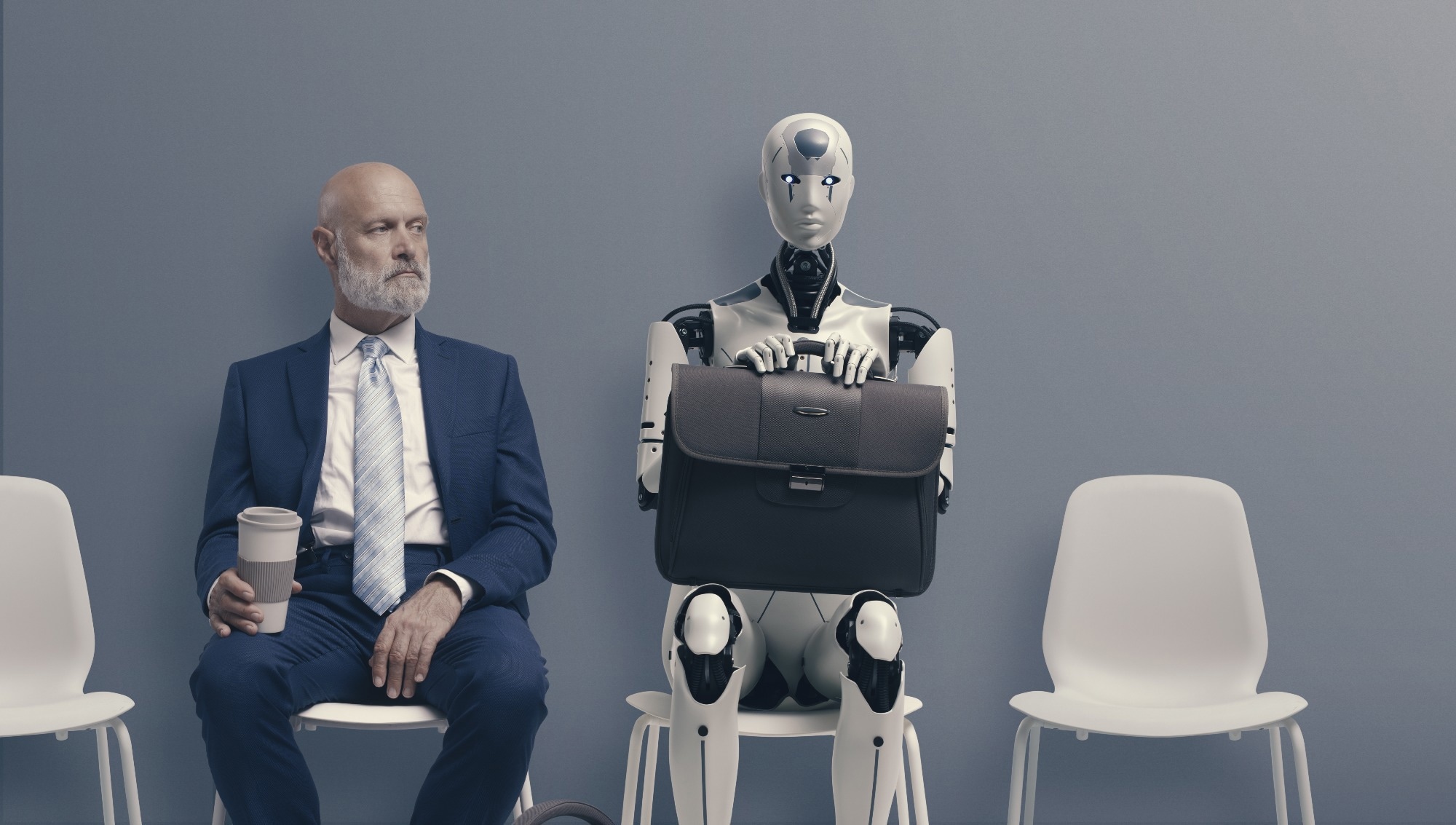As AI streamlines work, Esko Penttinen cautions that unchecked automation can erode core human expertise, leaving organisations vulnerable unless they build safeguards, retraining, and strong data foundations.

Image Credit: Stokkete / Shutterstock
As companies scramble to establish suitable guard rails around a swathe of AI offerings, Esko Penttinen is increasingly consulted on his landmark study: The Vicious Circles of Skill Erosion: A Case Study of Cognitive Automation. Associate Professor in Information Systems at Aalto University School of Business, he became interested in so-called 'de-skilling' of employees around a decade ago, when a top financial firm revealed its employees had lost core accounting competencies because automated processes were so effective.
The study, published in 2023, found that while the erosion of obsolete skills may be necessary to reap the benefits of technology, the loss of essential human expertise is problematic if workers remain accountable for tasks they no longer understand.
'If you don't know the fundamentals, you lose the ability to question the output you're getting, or to verify it,' says Penttinen. In the case study, skill erosion rendered accountants incapable of performing fundamental tasks if automation failed. After cutting the automated software and subsequently realising the gaping skill gap, the company began re-training staff in fixed asset management accounting.
Penttinen is now working on guidelines for organisations to avoid de-skilling. Initial findings point towards the importance of introducing both organisational and technical measures aimed at ensuring that workers stay engaged when it comes to assessing automated or AI outputs.
"Organisations should resist the temptation to just go for efficiency in a process. The world is unpredictable. Old skills sometimes become needed again. Systems break. I'm not saying we all need to drive a stick shift, but every organisation needs to establish control points," he says. For all the efficiencies AI can offer, failing to implement checks and balances in data gathering and business processes could allow a simple error to destroy an organisation's viability.
Penttinen's research agenda focuses on real-world questions, working with both private and public organisations to uncover fundamental business problems. As chairperson for the Finland branch of the non-profit XBRL consortium, he is building towards the collection of correct and consistent financial and sustainability data at a global level. The project seeks to establish a global information infrastructure that sources local data from multiple jurisdictions. 'We talk too much about building the AI models and their application, but we're not paying enough attention to the underlying data,' he warns.
Penttinen's work has appeared in leading IS outlets such as MIS Quarterly, Journal of the Association for Information Systems, Information Systems Journal, European Journal of Information Systems, Journal of Information Technology, International Journal of Electronic Commerce, MIS Quarterly Executive, and Electronic Markets.